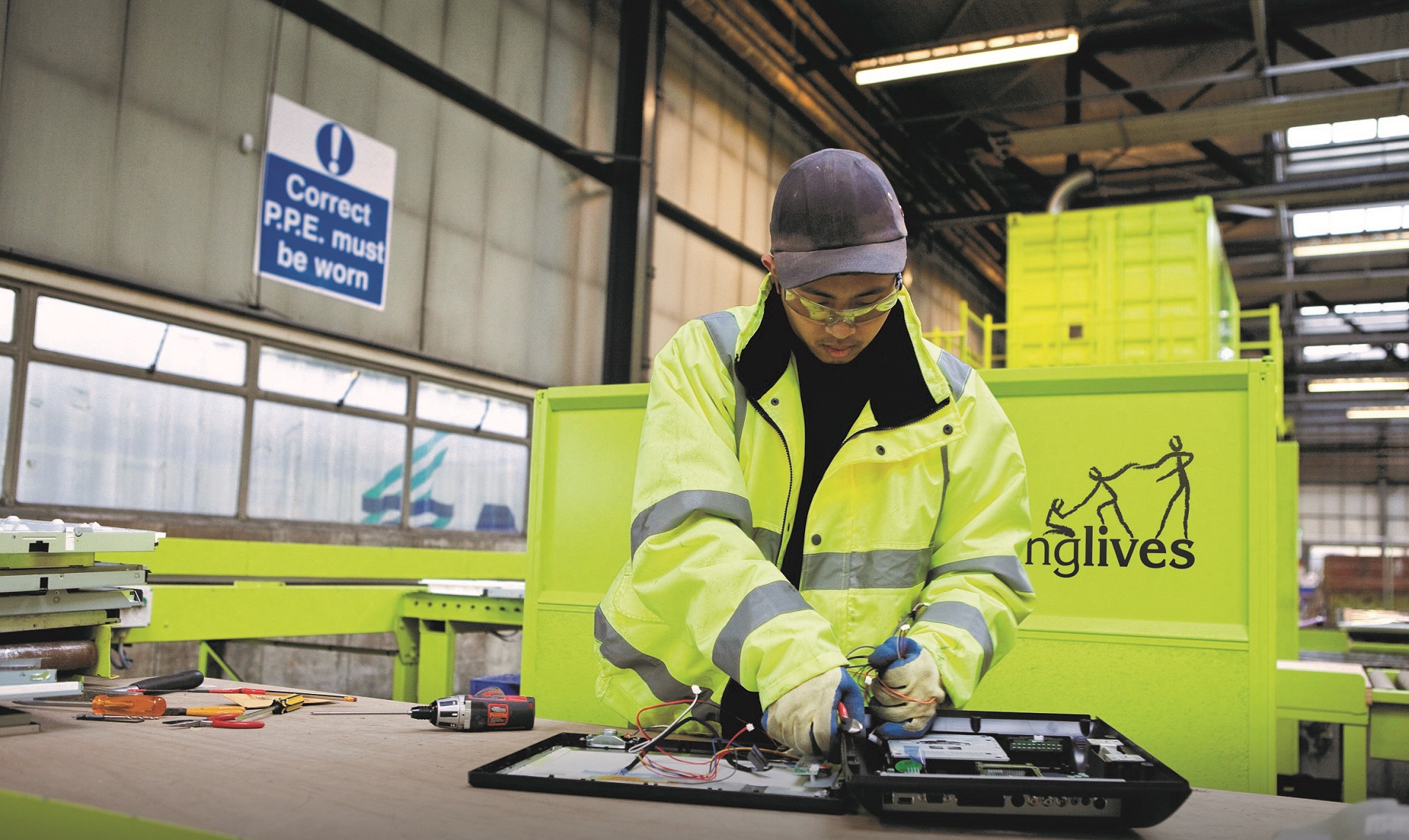
News
SEUK statement on Big Society Capital’s response to the Commission on Social Investment
15 May 2022 Commenting on Big Society Capital’s response to the Commission on Social Investment, Peter Holbrook CBE, Chief Executive of Social Enterprise UK said: “Social enterprises will support Big Society Capital’s decision to cut its target rate of return, an issue which has been raised over many years as part of the reason that our cost of capital is expensive relative to other businesses. This is a positive step forward and a big win for the Commission on Social Investment. We hope the benefits from this change will be passed down to social enterprises in lower cost finance.” “We are disappointed, however, that Big Society Capital has chosen not to accept the Commission’s recommendation to put social enterprises at the heart of its mission. They are right to say that they only have limited funds to make a difference, but this is even more of a reason to target helping social enterprises to grow rather than spending their resources thinly.” “Ultimately, as the Commission said, we should trust social entrepreneurs. Growing social enterprise is the most effective way to tackle homelessness, climate change, health and wellbeing or any of the many issues that Britain faces.” “Social Enterprise UK also urges Big Society Capital to look again at providing investment into a black-led social investment intermediary and fund. It has taken a creative approach to financing developments in the social investment market in the past. Given the obvious discrimination against black-led social enterprises in the market, Big Society Capital must take responsibility. There is no legal restriction on Big Society Capital using grants or creating a blended funding package including grants, equity and debt. We must not allow squeamishness about grants to block efforts to advance social justice.” You can read Big Society Capitals response to the findings of the Commission on Social Investing in this piece featured in Pioneers Post.
2 min



